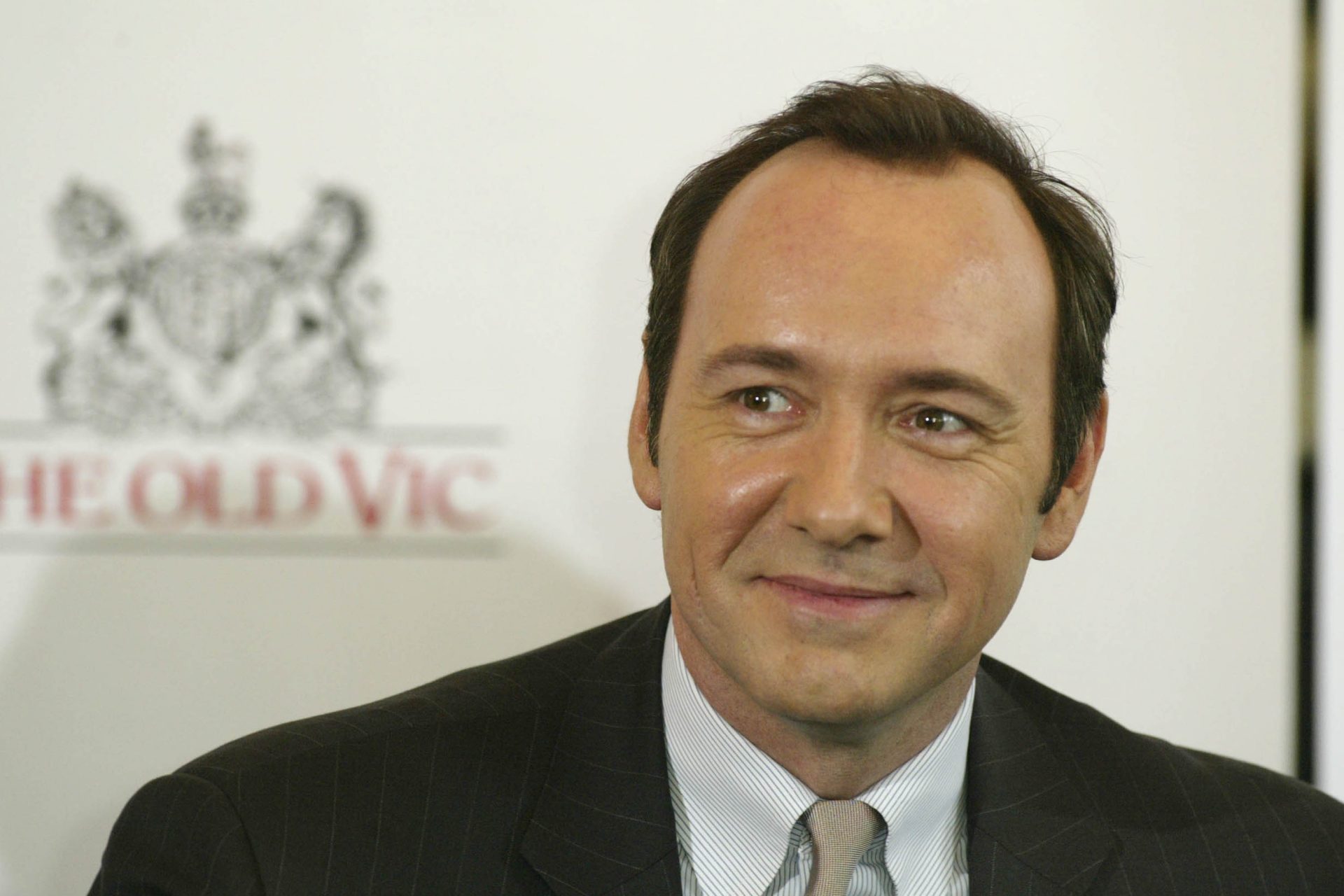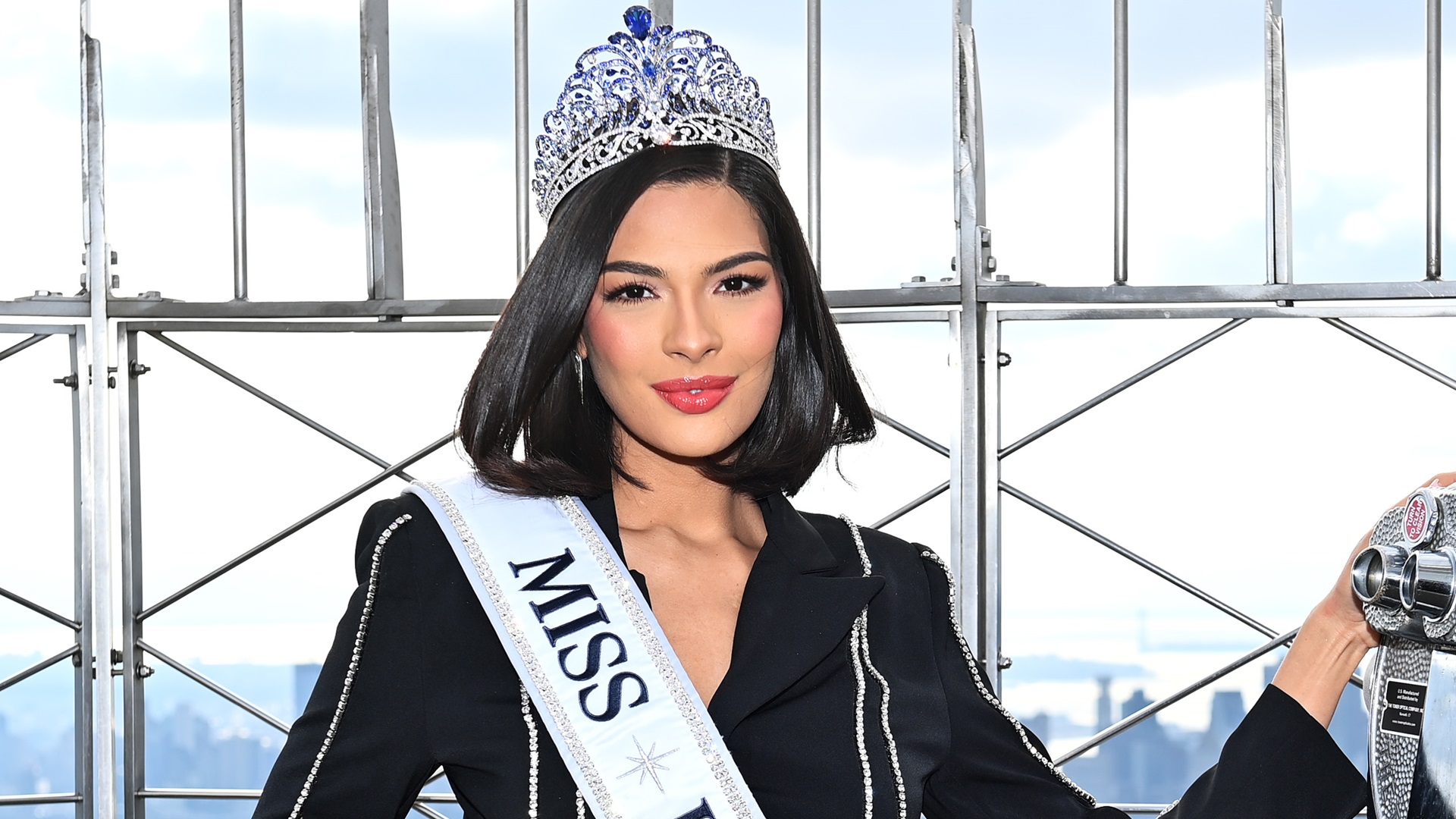Do you remember these one-hit wonders of the 1960s?
Belgian nun Jeanne-Paule Marie Deckers (aka Sœur Sourire) topped the charts with this French-language ditty. But the fame of Dominique -nique -nique was a heavy cross to bear. After the success, she left the convent, fought with the label, and even had the Catholic hierarchy cancel a concert. She took her own life in 1985 alongside her partner Annie Pécher.
This futuristic, dystopian song topped charts worldwide by making odd predictions up to the year 10,000. An example? “In the year 5555/ Your arms hangin’ limp at your sides /Your legs got nothin’ to do /Some machine’s doin’ that for you.” It remains the only hit for the duo.
Known as the first successful bubblegum pop hit, this catchy tune featured the unusual choice of a tambourine as the lead instrument. The band, with origins in rock n’ roll, was short-lived and not enthusiastic about the type of music they were creating.
As soon as this song was released, it immediately shot to the top of the charts — a feat not repeated by a female country artist until Dolly Parton’s ‘9 to 5’ in 1981. The song is about exposing the hypocrisy of a parent teacher association and even spawned a sitcom starring Barbara Eden.
Named after the communications satellite, this was the first U.S. No.1 hit by a British group. A strange instrumental track, the Tornados never topped the U.S. charts again, and all its original members had been replaced by 1965.
This pop song, famously featuring the “na na hey hey” chant, was a surprise hit recorded by a group of studio musicians that didn't even make up a band at the time. They did release an album but failed to reproduce this successful track, which is still played in stadiums around the world today.
Image: Steam album, Mercury
Another instrumental smash hit, this track helped define the sound of surf rock. Fun fact: before the wild music starts, one of the band member’s dad’s broke a surfboard near the mic, then followed up with maniacal laughter and the words “wipe out.”
"There's somnething happenin here, but what it is ain't exactly clear..." This band, including a young Neil Young and Stephen Stills, created one of the defining protest songs of the 60s. Though they were incredibly influential, they only had this one top-10 hit before splitting up in 1968. In 2011, they briefly reunited for a comeback.
The Archies are a fictional American rock band related to Archie Comics and its animated TV show. While it was fronted by Archie, Betty and the rest of the gang, it ended up releasing this super catchy bubblegum pop hit. Despite its fictitious origins, it was the Billboard Year-End Hot 100’s No. 1 single in 1969 and still gets stuck in heads to this day… “sugar, oh honey honey, you are my candy girl.”
A classic of the psychedelic rock era, this track with a gospel vibe remains inextricably linked with the Woodstock generation. Despite creating an incredibly catchy hook, Greenbaum never replicated its chart success. Although the song has a Christian theme, Greenbaum was and remains an observant Jew, saying he was inspired by Western films.
This 17-minute psychedelic epic is considered a foundational piece of heavy metal and the album with the same name stayed on the Billboard charts for 140 weeks, selling over 30 million copies. But the band split up soon after, and despite some reunions, never managed to create another big hit.
This song was a generational hit and the anthem of the 1967 Summer of Love. This was McKenzie’s only smash hit, though he released a couple more lukewarm singles. He also composed the song ‘What About Me’ that launched the career of singer Anne Murray.
The first garage band to top the charts, they hit it big with this enigmatic organ-fueled tune. Despite releasing numerous singles after, the band fronted by ? (the stage name of Rudy Martinez), they never managed to reach the same heights again. They disbanded in 1969 when the label was shut down for stock manipulation and took the band’s money.
This Grammy-winning tune had a distinctive 1920s dance hall sound. The group was created to record this competition, which became a surprise hit, rising to No. 1 in the U.S. Due to the success, the band scrambled to become permanent, but never quite made it to the same level.
This epic ballad about a cake left out in the rain is known for its unusual metaphors. Harris, an Irish actor who went on to win two Academy Award nominations for best actor, recorded several albums but really only received wide recognition for this song written by Jimmy Webb and later covered by Donna Summer.
This spoof on popular dance crazes of the time was co-written by American actor, singer and comedian Bobby Pickett. The song, which resurges every Halloween, features his impersonations of veteran horror stars Boris Karloff and Bela Lugosi.



























